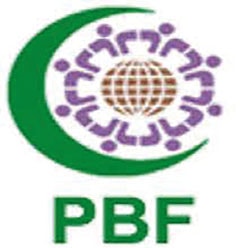Pakistan Businesses Forum (PBF) terming the ban on import of luxury items as necessary and stressed the necessity for additionally taking serious measures to regulate burgeoning food import bill to assist country’s faltering economy, as Pakistan’s oil and eatable import bill has surged by almost 60% to near $25 billion in the 10 months of the current fiscal year.
PBF Vice President Ahmad Jawad stressed that authorities need to control the rising food imports as country has spent over $8 billion on the import of edible things within the last financial year, said a press release issued here.
To bridge the food production gap, the food import bill surged by more than 12.30% which is $8 billion in 10 months FY22 from $7 billion in the same period last year, added the press release.
Jawad urged the economic managers to draw a long-term plan for import substitution and increasing exports so that Pakistan might become self sufficient.—APP










